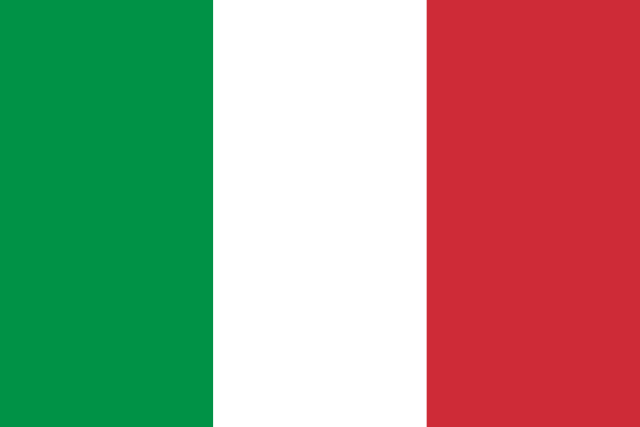In Italy, debt advice to families in over-indebtedness is usually offered by lawyers or consumer associations.
An important initiative on debt advice is https://progettoriparto.it/ “Project Riparto”, created by a consumer association and a network of Catholic associations and financed by the “Ministry of Work and Social Policies”. They offer services to the consumers in all phases of the debt advice.
Another initiative finance by the public is https://www.adiconsum.it/al-tuo-fianco/fondo-di-prevenzioneusura/
“Adiconsum”, a consumer association that can intervene with public funds and repay creditors, then delaying payments for debtors at very low interest rates.
A third initiative is https://www.aecilazio.it/2022/07/26/a-lex-piu-strumenti-per-migliorare-lassistenza-suldebito-per-i-cittadini/ “A-Lex”, created by Lazio Region and financed by the European Commission, working both at the consumers’ level and the debt counsellors’ level.
A fourth initiative is Movimento Consumatori (MC) https://www.movimentoconsumatori.it . They have built a national network of NGO, foundations against loan-sharking, National Institution and Italian Universities focused on debt-advice services. According to their own statement, MC has created the first Italian debt-advice services network able to cover 85% of national territory through n.27 helpdesk and n.100 debt-advisor and with the capability to sustain almost 3.000 citizens and 3.00 firms per year.
On the other side, free debt advice is given by consumers’ associations. There is an official list recognized by the “Ministry of Firms and Made in Italy” and many more associations working on it.
With the exception of state entities and small undertakings, the Italian Bankruptcy Law applies to all entrepreneurs and only to them. As a result, non-entrepreneur individuals cannot be declared bankrupt.
However, in 2012 one law introduced the process of debt relief (esdebitazione), which is a mechanism that allows the private citizen and consumer to offer creditors a repayment plan to cancel their debts. It was introduced by the law of 27 January 2012, no. 3 entitled “Provisions on usury and extortion, as well as the composition of the over-indebtedness crises” giving the possibility also to private individuals to gradually get rid of any residual debt allowing a complete “economic and financial rehabilitation” to the individual that makes use of it.
With the financial support of the EU and with the content-related support of ecdn a website about financial and debt management for Italian consumers is now available: https://debtadvice.uniurb.it



